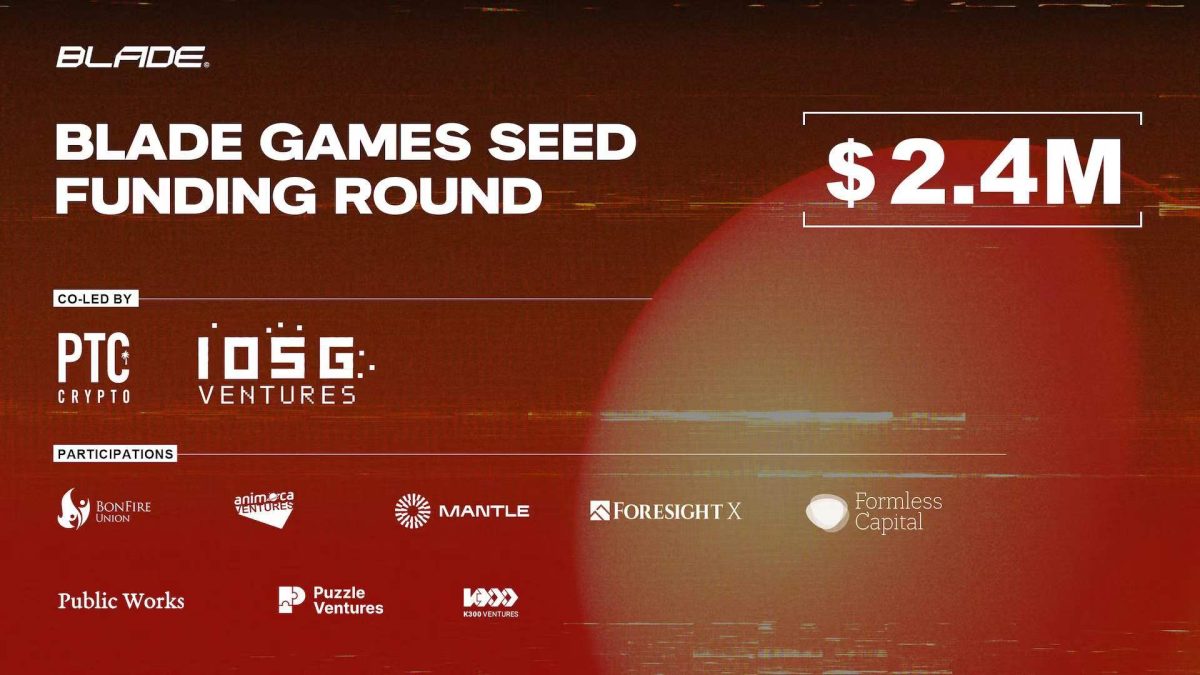Crypto.com to launch platform in South Korea following local exchange acquisition

Quick Take
- Crypto.com is launching its digital asset trading services in South Korea at the end of this month.
- The new platform will take the place of local exchange OK-BIT, which Crypto.com acquired in 2022.

Global digital asset exchange Crypto.com is launching its retail trading services in South Korea on April 29, according to its announcement on Tuesday.
Crypto.com’s South Korean trading platform will fill in the spot of locally licensed crypto exchange OK-BIT, which said it is winding down its services. Crypto.com acquired OK-BIT in 2022.
“We are incredibly excited to be launching the Crypto.com App for retail users in South Korea — a market of tremendous importance to the growth of our business, and one in which consumers are very interested in crypto,” said Eric Anziani, president and chief operating officer of Crypto.com, in the announcement.
Crypto.com's Korean platform is subject to the strict regulations local authorities have set out for crypto exchanges. The local service, dubbed Crypto.com App, will allow South Korean investors to trade cryptocurrency and non-fungible tokens, but will not serve institutional clients as South Korea-based institutions are prohibited from directly investing in crypto.
Furthermore, South Korea mandates local crypto exchanges to acquire a bank partnership in order for them to offer fiat-to-crypto trading services, in a bid to minimize risks of money laundering and market manipulation. Exchanges that have not secured a bank partnership, including OK-BIT, offered limited services in crypto-to-crypto trading.
Crypto.com said its services will start as a crypto-to-crypto exchange but will continue to make efforts to secure the local bank partnership to provide the full trading experience, according to South Korean news agency News1.
Binance in South Korea stalemate
Meanwhile, Binance also entered the South Korean market last year through acquiring a majority stake in local exchange Gopax, which had liquidity issues associated with Genesis Global Capital. Gopax is one of South Korea’s five fully licensed exchanges, which means that it provides fiat-to-crypto services.
South Korean authorities, however, have repeatedly postponed approving the structural change to Gopax, reportedly under concerns with Binance’s legal issues in the U.S.
Binance has been seeking to resolve local compliance issues by reducing its shares in Gopax and stepping down from being its largest shareholder. Binance CEO Richard Teng last week visited South Korea to meet financial regulators, local media reported.
South Korea is home to one of the world's largest and most active cryptocurrency markets. Its five fully licensed exchanges — Upbit, Bithumb, Coinone, Korbit and Gopax — processed nearly $3 billion worth of crypto transactions in the past 24 hours, according to CoinGecko data. At the height of bitcoin’s price rally earlier this year, South Korea’s crypto trade volume briefly surpassed that of its stock market.
Disclaimer: The Block is an independent media outlet that delivers news, research, and data. As of November 2023, Foresight Ventures is a majority investor of The Block. Foresight Ventures invests in other companies in the crypto space. Crypto exchange Bitget is an anchor LP for Foresight Ventures. The Block continues to operate independently to deliver objective, impactful, and timely information about the crypto industry. Here are our current financial disclosures.
© 2023 The Block. All Rights Reserved. This article is provided for informational purposes only. It is not offered or intended to be used as legal, tax, investment, financial, or other advice.

